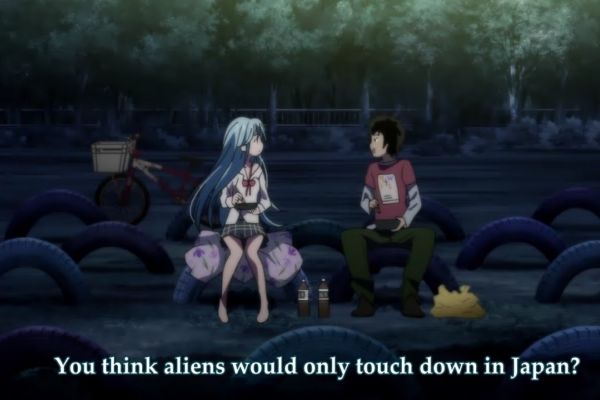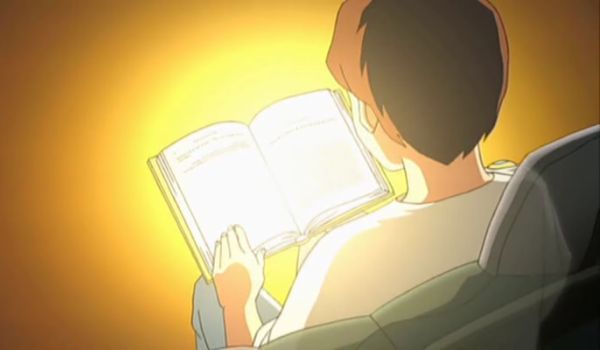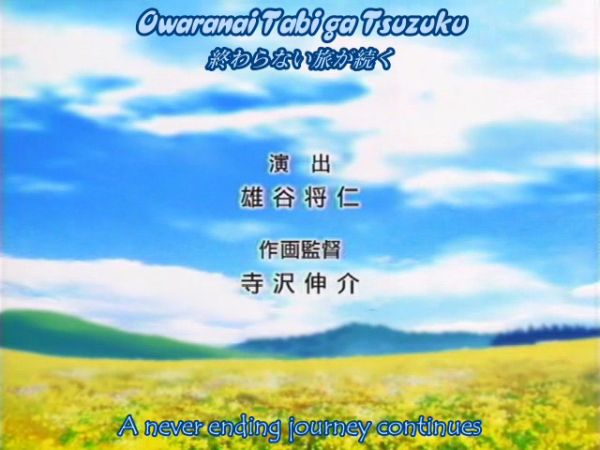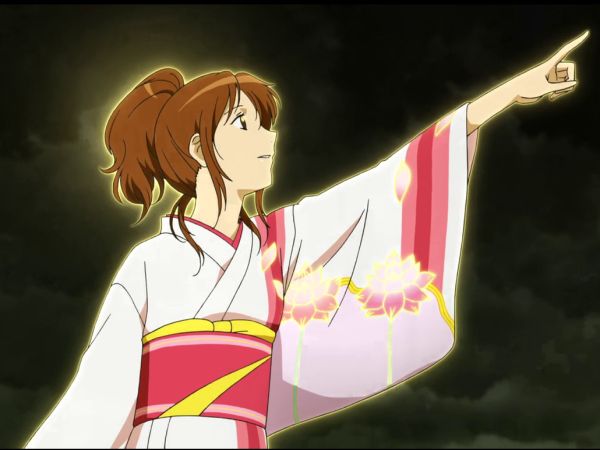Actually, aliens seem to be particularly popular in Japan. But there’s always Smallville, Kansas, too.
I dug out my old box with Smallville Season 1 on DVD. Bought and paid, from Amazon.co.UK, I think. Definitely legit, original box and all. I have like five or six of these. Although if I were to get the rest, I would probably get them from Pirate Bay or something. It is pretty good for TV, but I can’t shake the feeling that I’ve paid much more for these than they are worth. This is the kind of stuff one should rent, not buy, but there’s no obvious place to do that here in Norway. So it is buying or copying. Or a bit of each, I guess.
Actually I mostly wanted to hear the theme song, Somebody save me, an old favorite of mine. Even as late as then, I kind of felt a bit like that. Like I wasn’t really saved. And like it was all about me. Well, I guess if one is to write an online journal almost every day, “all about me” is a useful attitude to have. But it is kind of fading, or at least changing.
Watching the first couple episodes (nostalgic, it is really around a decade?) I began to think of my own alien fiction, which I have rebooted a number of times. I vaguely remember four instances of it, there may have been a fifth. It seems to never quite get off the ground. So I do another “Kami reboot” as I call them when I write about it here. The main character is not named Kami, of course. Rather a kami is a generic name for a deity or spirit in Japanese, at least in the Shinto religion. Even dead people become honorary kami. So in this particular fiction of mine, the kami are actually aliens who live in small numbers on Earth and on many other planets. They are millions of years more advanced than us, and can shapeshift using their alien technology. (Not on the spot – they need to rebuild the body so it is a pretty big deal, but the resulting body can be whatever they decide, including human.) Earth is considered a great place for them to raise kids, so they hide among us and when the kid grows up – which may take a hundred years or more – to reach its full powers, it leaves Earth to travel among the stars.
So the story is about this high school kid who is actually an alien. That’s the connection with Smallville, there really isn’t much else in common. No Kryptonite, no supervillains. Which may be why even I don’t find it interesting enough to write for long…
Strangely I found only one of the reboots. Or perhaps it was even the original. It was the one in which the boy knew and had always known that he was an alien. (In most of the reboots he was only told so sometime during high school.) He still felt kind of human when he was among them, and secretly wished he could be human. No, it is not autobiographical… Â I can’t remember ever having felt that longing to be human. ^_^
Not very exciting, I know! Oh, and I downloaded and installed VLC, the free open source video player, since the DVD did not show properly in MicroSoft Media Player. The pictures were square instead of rectangular, so everyone looked ridiculously tall and thin in full-screen mode. VLC, which is open source software made by volunteers, rendered it perfectly.










